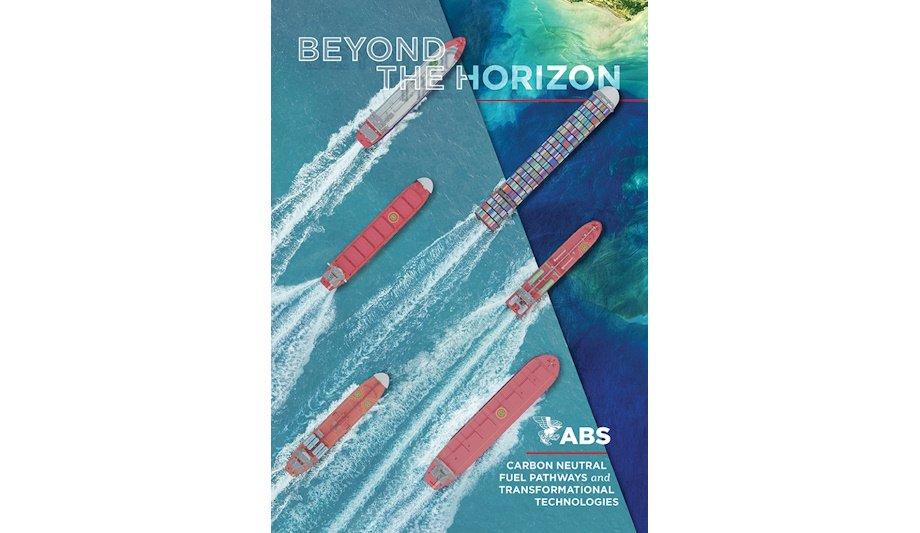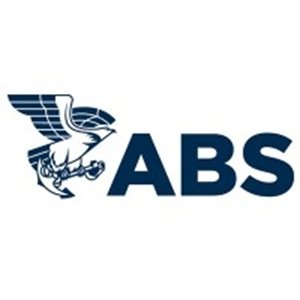According to the latest ABS research, geopolitical instability, scalability of fuel production and retrofits to existing vessels are key factors impacting the shipping industry’s journey to net zero by 2050.
The sixth in an annual series, the 2024 Outlook, Beyond the Horizon, Carbon Neutral Fuel Pathways and Transformational Technologies, investigates carbon-neutral fuel pathways and transformative technologies and features an update of ABS’ long-term energy forecast that explores the constraints and opportunities in the evolving global trade dynamics that will shape the future of shipping.
Technical and economic challenges
Report fears an active shift in the design of the fleet toward more bearable energy sources
"The 2024 outlook delivers unprecedented visibility into the ‘ecosystem’ of shipping underscoring the collaborative efforts required to retrofit existing fleets and to enhance the capacity of shipyards for new, greener vessels to deliver the scale and pace of change that we will need," said Christopher J. Wiernicki, ABS Chairman and CEO, adding "As we look to the future, achieving the industry's commitment to a sustainable transformation will require continued diligence, innovation and global cooperation to effectively overcome the technical and economic challenges highlighted in this report."
The report highlights an active shift in the composition of the global fleet toward more sustainable energy sources, with about 50 percent of the current orderbook (in gross tonnage), featuring dual-fuel engines and a shift to a more diversified set of fuels, particularly LNG, methanol and ammonia, in the orderbook.
Other key takeaways
Among other key takeaways from the publication:
- The fuel mix forecast for this year and through 2050 underscores a substantial and continuous transition in the maritime sector towards cleaner alternative fuels such as methanol, ammonia, and LNG. The market share of traditional fossil fuels is anticipated to decline to 15 percent by the year 2050. The utilisation of methanol gradually rises to 42 percent by 2050. Utilisation of ammonia is anticipated to increase by 33 percent by 2050. As regulatory pressures increase, the adoption of energy-efficiency technologies and alternative fuels is also anticipated to increase.
- In order to meet the 2040 IMO checkpoint, the annual greenhouse gas (GHG) total must be reduced by 70 percent and at least one-third of the tonnage will need to use alternative fuels.
- Capacity at major shipyards is expected to moderately increase by about 5 percent until 2035.
- Due to additional shipbuilding demand, new builders are anticipated to emerge from India, the Middle East, the Philippines and Vietnam.
- Current repair yard capacity is expected to meet demand through 2027, however, demand for retrofits will continue to increase through 2035, which will require additional repair yard capacity to support fuel conversions.
- According to ABS’ GHG abatement cost methodology and current fuel prices, biofuels and blue fuels will have lower carbon abatement costs compared to others.
- In terms of regulations, FuelEU Maritime requirements and similar requirements expected from the IMO introduce new complexities and will require stakeholders to consider how they can pool credits for compliance.











